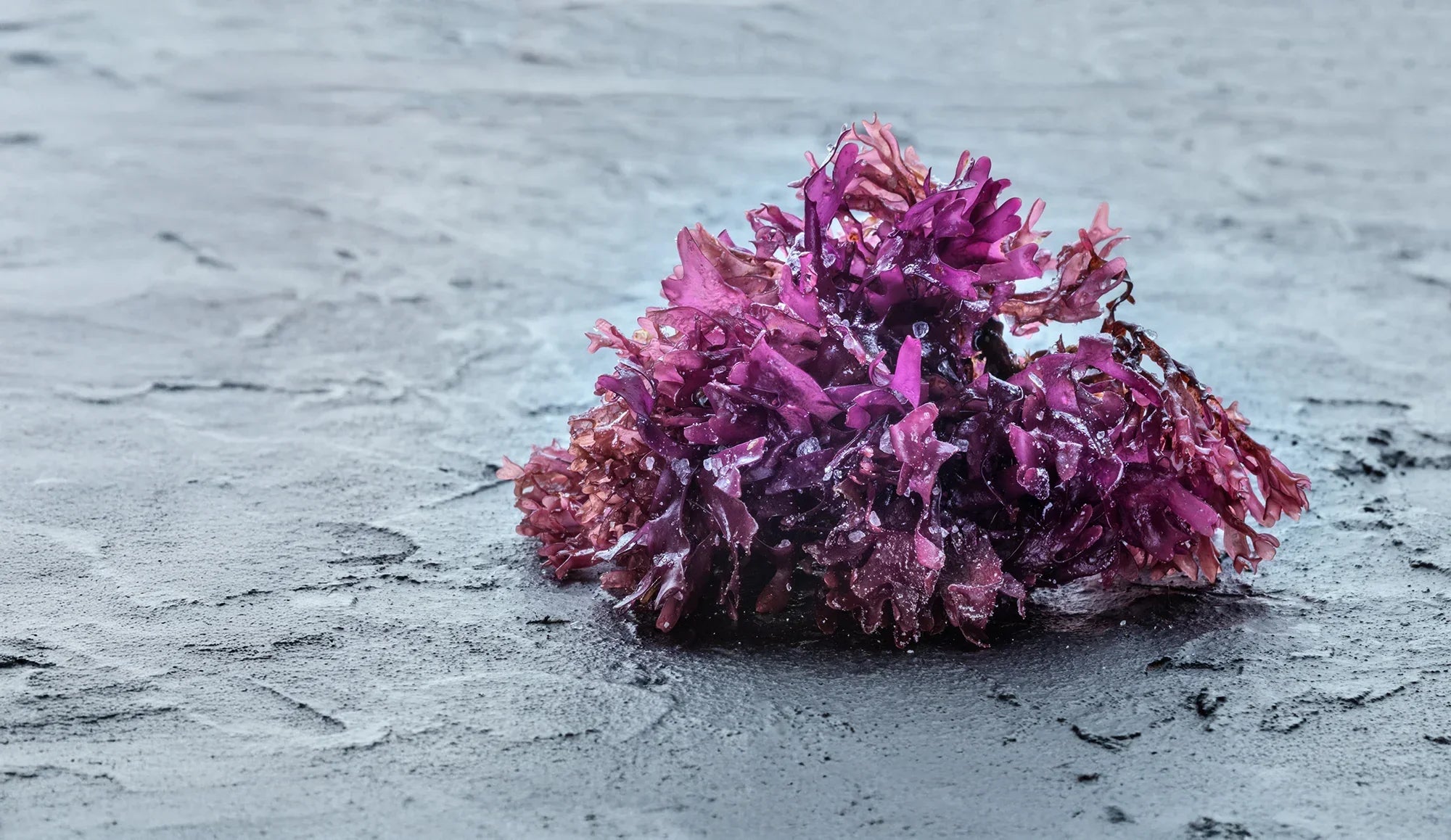Supporting Urinary Tract Health: More Ideas
A sudden urge, the burning, the constant feeling that you have to go…again and again. Unfortunately, most women are all too familiar with this cycle – it's urinary tract irritation. Women are more likely than men to develop a urinary tract irritation. One in five women will deal with it during her lifetime. Although they occur more frequently in women, urinary tract irritation is not isolated to women; men and children can also develop it.
Several risk factors exist for poor urinary tract health (most of them relating to just being female): sexual intercourse, waiting too long to urinate, pregnancy, menopause and post-menopause, and catheterization. These events can cause bacteria to enter the urinary tract and bladder and multiply in the urine. The organism most often responsible for urinary tract irritation is E. coli, bacteria that is normally found in the digestive system. Other bacteria can also cause problems, but E. coli is the most common cause. The cell walls of E. coli are covered with tiny, fingerlike projections that have sticky substances on the ends called glycoproteins. These glycoproteins adhere to the inside walls of the bladder and urinary tract, and allow the bacteria to take hold and colonize. Since bacteria are the root cause, the go-to conventional therapy is antibiotics - round after round of antibiotics. The continued and prolonged use of antibiotics can lead to bacterial resistance and negative impacts on probiotic populations in the body, which can lead to impaired immune system function.
Recent research has revealed promising alternatives to repeated doses of antibiotics. Combining some of these natural alternatives into a single formula can provide effective support for the health of the urinary tract and the immune system.
Preventing Bacterial Overgrowth
Every woman has been told to drink cranberry juice when they have a urinary tract irritation; it has been used in many folk medicines for urinary tract and bladder health. There is some truth in this home remedy. It was once though that cranberry juice helped by making the urine more acidic. Recent scientific research on cranberries has refuted this theory. Cranberries are rich in antioxidant compounds called proanthocyanins. These compounds prevent E. coli bacteria from adhering to the bladder walls. If the bacteria cannot stick to the bladder walls, they cannot colonize the urinary tract.
Proanthocyanins aren’t the only compounds that have anti-adhesion properties, and cranberries aren’t the only fruits beneficial for urinary tract health. Bilberries, blueberries, cherries, and raspberries contain polyphenols, ellagic acid, and other antioxidants that impact bacterial colonization of the bladder wall. Scientific research shows that a blend of these fruits and other antioxidants, like resveratrol, has more power to inhibit E. coli from adhering to human bladder cells than cranberry alone.
D-mannose is a naturally occurring sugar, coincidentally found in cranberries. This sugar sticks to the glycoproteins on E. colibacteria and prevents them from adhering to the bladder walls. When large amounts of d-mannose are taken, it moves into urine through the kidneys and coats any E. coli so they can’t colonize in the bladder or the urinary tract. The bacteria are then removed from the body through urination. D-mannose is quite safe – even on a long-term basis. The body metabolizes very little of the sugar, and it doesn’t impact blood sugar levels.
Supporting the Immune System
Probiotics are numerous strains of beneficial bacteria that inhabit the colon. They have an important symbiotic (mutually helpful) relationship with the people. These beneficial bacteria have impact on the health of our digestive systems, of course, but they also impact our immune health. Probiotics alter the environment of the gut and limit the growth of pathogenic, or harmful, organisms and synthesize nutrients. They even secrete antimicrobial compounds that are harmful to the “bad” bugs that we don’t want in our bodies. When numbers of probiotics are low, the immune system is at a disadvantage and may not be able to provide meaningful protection. Probiotics help the immune system discern harmful from not – self from non-self.
Some strains of probiotics are quite delicate. They are unable to withstand changes in temperature; changes in moisture and the pressure created during manufacturing. On top of all that, our own stomach are designed to destroy pretty much any organism that enters it. In order for probiotics to colonize the lower digestive tract, they must be able to withstand a wide range of environments.
Unique IS2 is a bacteria strain Bacillus coagulans that produces lactic acid; lactic acid supports other beneficial bacteria in the gut and displaces non-beneficial bacteria. The physical properties of this strain of bacteria protect it from heat, pressure, moisture and the rigors of manufacturing. It is able to travel through the upper digestive tract and produce new cells in the colon. Once they recolonize the lower digestive tract and create lactic acid, other beneficial strains, such as Lactobacilli andBifidobacteria can also begin to grow in numbers. Studies show that women who have higher levels of certain strains of probiotics have a lower incidence of urinary tract irritation.
Combining a variety of ingredients to target bacteria and provide support for the digestive system and the immune system can offer effective support for the health of the entire urinary tract system. The blend of antioxidant-rich fruits and D-mannose will help flush out any harmful bacteria within the bladder and urinary tract, and using a shelf-stable, viable probiotic can maintain the delicate balance between good and bad bacteria throughout the body.
By Stacey Littlefield, Chief Formulator
Redd Remedies
Related Posts


